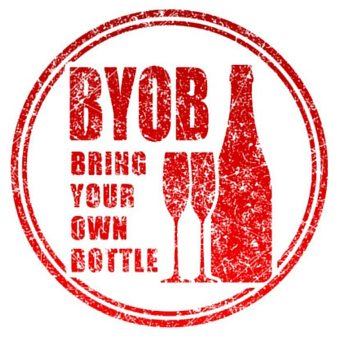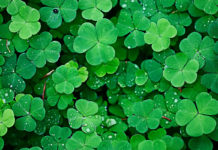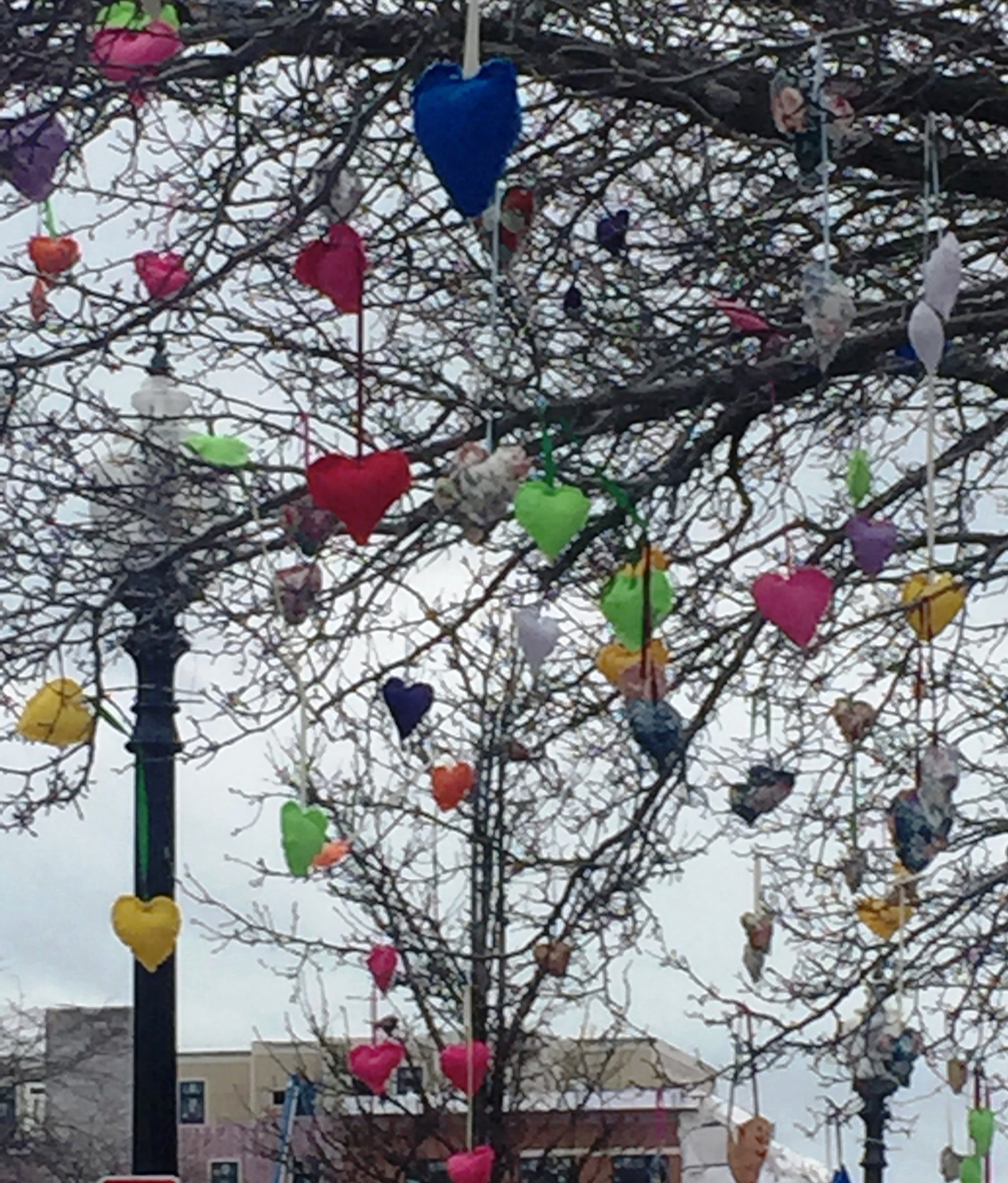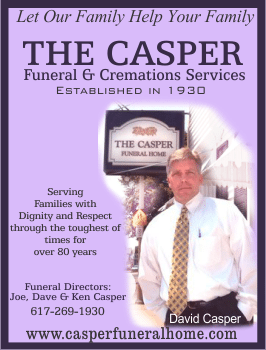
The City of Boston’s Licensing Board unanimously approved rules and regulations to allow for BYOB (bring your own bottle) in Boston.
Previous regulations prohibited patrons from bringing alcoholic beverages for their own consumption onto licensed premises. The new rules permit restaurants outside downtown neighborhoods with a capacity of 30 or less to apply for a BYOB license. Please see the attached regulations for details.
“Today’s vote brings us one big step closer to implementing BYOB in Boston,” said City Council President Michelle Wu. “Not only will BYOB give small business owners another tool to boost economic activity, but it will also provide consumers with more dining out options in our neighborhoods. The result will be a more vibrant restaurant scene across the whole city.”
In December 2015, the City Council passed and Mayor Martin J. Walsh signed an ordinance to allow for BYOB to be considered by the Licensing Board.
LICENSING BOARD DRAFT REGULATIONS RE: BYOB (bring your old bottle)
SECTION TWELVE: Special Additional Rules for Common Victualler holding BYOB (bring your own bottle) Permits:
Common Victualler license holders must obtain a BYOB permit prior to allowing patrons to bring alcoholic beverages onto their premise.
12.01 Eligibility:
- Restaurants holding any type of alcoholic beverage license granted by this Board and the ABCC are not eligible to hold a BYOB permit.
- Restaurants in the Downtown, North End, South End, Bay Village, Fenway, Chinatown, Seaport, West End, Beacon Hill and Back Bay neighborhoods of Boston are not eligible for a BYOB permit.
12.02 Restaurant Types:
- Common Victualler license holders with a capacity of 30 or less may apply for a BYOB permit.
- Only Common Victualler license holders who offer on premise dining with table service provided by wait staff may apply for a BYOB permit.
12.03 Liability Requirements:
A BYOB Permit will not issue unless and until a licensee submits proof of liquor liability insurance for bodily injury or death for a minimum amount of $250,000 on account of injury to or death of 1 person, and $500,000 on account of any 1 accident resulting in injury to or death of more than 1 person.
Proof of liquor liability insurance for bodily injury or death for a minimum amount of $250,000 on account of injury to or death of 1 person, and $500,000 on account of any 1 accident resulting in injury to or death of more than 1 person is required as a condition to renew a BYOB permit.
12.04 Training Requirements:
The licensee, manager of record, and all employees must complete an in-person, insurance industry-approved safe service of alcohol training program, prior to issuance of a BYOB permit. Employees hired after the issuance of a BYOB permit must complete an in-person, insurance industry-approved safe service of alcohol training program prior to beginning their employment.
12.05 Permitted Types/Sizes of Alcohol:
- Patrons may only bring wine and malt beverages into the licensed premise.
- Patrons are prohibited from bringing distilled spirits into the licensed premise.
- Patrons may only bring malt beverages in containers no larger than 16 oz., and may bring in no more than a total of 64 oz. per person.
- Patrons may only bring wine in containers no larger than 750 ml., and may bring in no more than a total of 750 ml. per person.
- Patrons are prohibited from re-entering the premise with additional alcohol.
12.06 Miscellaneous:
- Licensees shall not charge a “corkage” or any other fee or surcharge for permitting BYOB or providing any service or amenity relative to BYOB.
- Licensees are not prohibited from providing glassware and/or a bottle opener.
- Nothing in this section shall prohibit a licensee from discarding an empty or abandoned alcoholic beverage container or its content.
12.07 Hours of Operation:
Licensees shall only allow BYOB between the hours of 5:00 P.M. and 11:00 P.M.
12.08 Renewal and Annual Fee:
- Licenses shall be renewed each year within the month of June.
- The annual fee is $400.00
Licensees under this section are subject to all applicable general rules for licensees set out in sections 1 and 2, above, with the exception of those rules that refer to sales of alcoholic beverages on the premise













